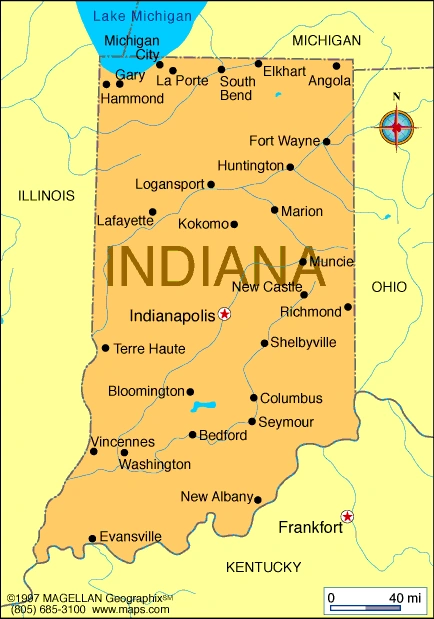Tecumseh: "Once a Happy Race" Early in the 19th century, Governor William Henry Harrison of the Indiana Territory made a number of treaties with Native Americans that involved the ceding of land to the United States government.
Publié le 26/05/2013

Extrait du document

Tecumseh: "Once a Happy Race" Early in the 19th century, Governor William Henry Harrison of the Indiana Territory made a number of treaties with Native Americans that involved the ceding of land to the United States government. Shawnee chief Tecumseh attempted to prevent the loss of additional lands by forming an alliance of tribes and asserting that one tribe could not cede land without the permission of all the others. In 1810 Tecumseh spoke to Harrison in Vincennes, Indiana, denouncing the most recent treaty and declaring that white people had no right to take land from the Indians.
Liens utiles
- The Monroe Doctrine In his annual message to Congress in 1823, United States president James Monroe declared that the United States had the right to exclude foreign powers from colonizing in the western hemisphere.
- Chief Joseph: "I Will Fight No More Forever" In 1877 the United States opened up Nez Perce lands in the Oregon Territory to mining and other public use.
- William Faulkner I INTRODUCTION William Faulkner Twentieth-century American novelist William Faulkner wrote novels that explored the tensions between the old and the new in the American South.
- Spike Lee Spike Lee, born in 1957, American motion-picture maker, whose works examine race relations in the United States.
- Art Nouveau I INTRODUCTION Detail of Art Nouveau Decoration This detail of a door decoration from a building constructed in the early 20th century in Milan, Italy, illustrates the stylistic themes associated with art nouveau.































